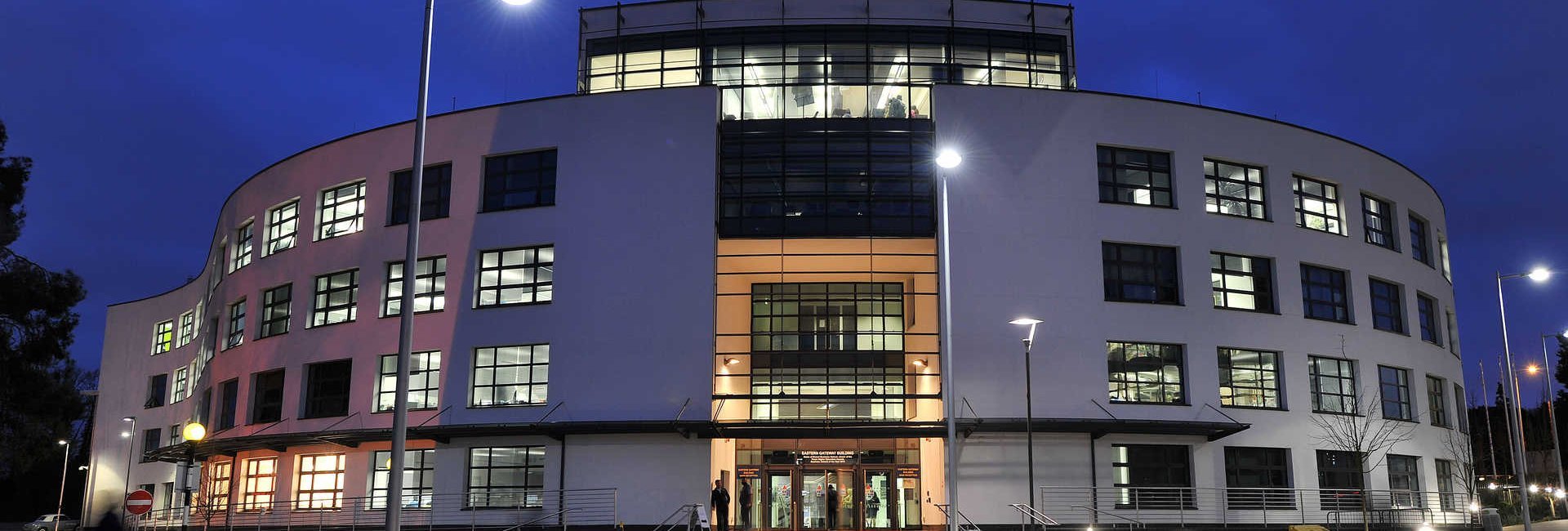Brunel University of London - on-campus Open Day (undergraduate and postgraduate)
28 Jun 2025, 09:00
Uxbridge, Middlesex

Take your knowledge of culture and society to the next level and equip yourself with a big range of practical and analytical skills for a changing world with our Anthropology and Sociology BSc.
Anthropology is concerned with contemporary issues such as multiculturalism, identity politics, racism and ethnic nationalism, changing forms of the family, religious conflict, gender, and the political role of culture. It also addresses fundamental questions about human nature, such as: ‘What do we have in common with each other cross-culturally?’ and ‘What makes us different?’
Sociology, its sister subject, looks at the foundations of social life and the big issues in contemporary society such as inequality, racism, globalisation, and migration.
In particular, your sociology studies at Brunel will be closely related to the central and ever-increasing importance of the communications media in our culture, for example, how poverty is portrayed and the powerful influence of celebrity.
Brunel is a great choice for this combined study with lecturers from both subjects producing cutting edge research alongside their teaching, on both global issues and local problems.
This research expertise filters down into what you will learn. In anthropology students have learnt about youth and motorcycles in Rwanda, and in sociology, about cosmetic tourism.
Choose this course and you can do fieldwork on any subject, anywhere in the world, whether it’s learning about refugees in Athens or mother and toddler groups in inner London.
Around half of Brunel anthropology students carry out a placement or fieldwork abroad, in places as wide ranging as India, Nepal, Australia, South Africa, Papua New Guinea and Jamaica.
Recent UK placement destinations include the Royal Anthropological Institute, Campaign for Press and Broadcasting Freedom, Amnesty International and the Department of Health.
Alternatively, could choose a placement that’s more sociologically focussed. Either way, you can choose to take it as two six month placements or one year-long placement.
Sample Modules:
Power, Inequality and Society,
Ethnicity, Migration & Identity,
Digital Culture.
To view the full list of modules for this course and further information on degree content, please visit the Brunel website: brunel.ac.uk/study/undergraduate/Anthropology-and-Sociology-BSc

Learn what it's like to study at Brunel University London. From key stats to campus highlights, open days, and more - find everything you need to know here.
The following entry points are available for this course:
Discover what it's like to study Anthropology and Sociology at Brunel University London: insights on the course, making friends, personal statement tips, uni prep, and recommended books, podcasts, and videos.
| Test | Grade | Additional details |
|---|---|---|
| IELTS (Academic) | 6.5 | with no less than 5.5 in each subsection |
| Institution's Own Test | with no less than 55% in each subsection | |
| TOEFL (iBT) | 90 | with a minimum of: Reading - 18 Listening - 17 Speaking - 20 Writing - 17 |
| PTE Academic | 59 | with a minimum of 59 in all subscores |
Brunel University London - English Language Requirements https://www.brunel.ac.uk/international/English-Language-Requirements
Brunel University London is committed to raising the aspiration and improving equality of opportunity of our applicants and students. We adopt a contextualised admissions approach when reviewing applications, which include accepting lower grades or making lower offers to applicants from disadvantaged and under-represented backgrounds. From 2024 entry, the offer will be personalised based on a holistic view of the application, including the individual applicant’s personal and educational journey.
This section shows the range of grades students were previously accepted with - learn more. It is designed to support your research but does not guarantee whether you will or won't get a place. Admissions teams consider various factors, including interviews, subject requirements, and entrance tests. Check all course entry requirements for eligibility.
Students aged 17/18 who applied to this course were offered a place.
See how students with your grades have been accepted onto this course in the past.
Operated by the Office for Students
Employment after 15 months (Most common jobs)
Go onto work and study
The number of student respondents and response rates can be important in interpreting the data – it is important to note your experience may be different from theirs. This data will be based on the subject area rather than the specific course. Read more about this data on the Discover Uni website.
| Location | Fee | Year |
|---|---|---|
| Republic of Ireland | £9250* | Year 1 |
| Channel Islands | £9250* | Year 1 |
| EU | £19430* | Year 1 |
| England | £9250* | Year 1 |
| Northern Ireland | £9250* | Year 1 |
| Scotland | £9250* | Year 1 |
| Wales | £9250* | Year 1 |
| International | £19430* | Year 1 |
* This is a provisional fee and subject to change.
Tuition fee status depends on a number of criteria and varies according to where in the UK you will study. For further guidance on the criteria for home or overseas tuition fees, please refer to the UKCISA website.
EU nationals may be eligible for a discount on their fees - please see our website at https://www.brunel.ac.uk/scholarships/page?id=c8112b36-1680-4492-b55c-f4e9932ae2e8
Kingston Lane
Uxbridge
UB8 3PH
Visit our website Visit our course page
Email:admissions@brunel.ac.uk
Phone:+44 (0)1895 265 265
Email:enquiries@brunel.ac.uk
Phone:+44 (0)1895 265 599